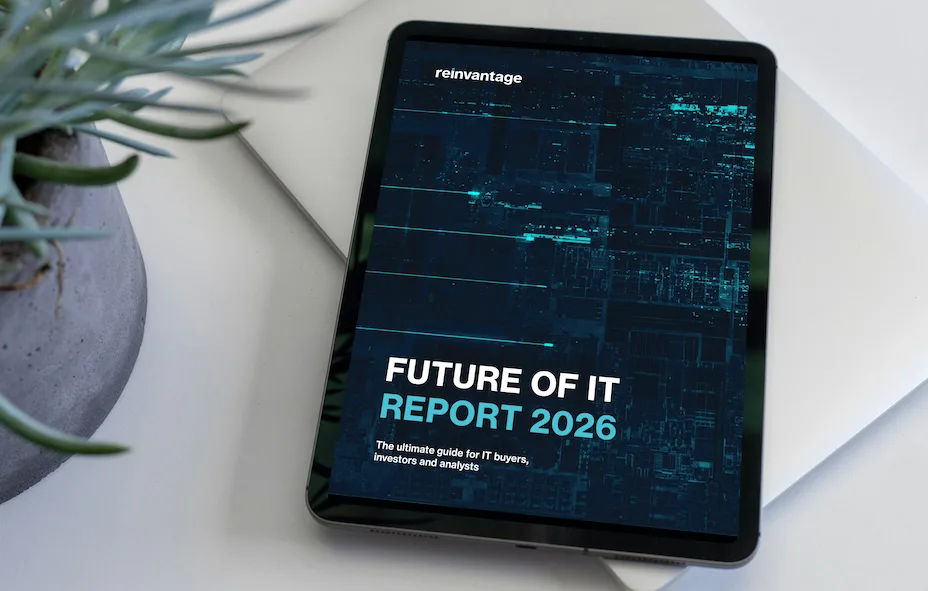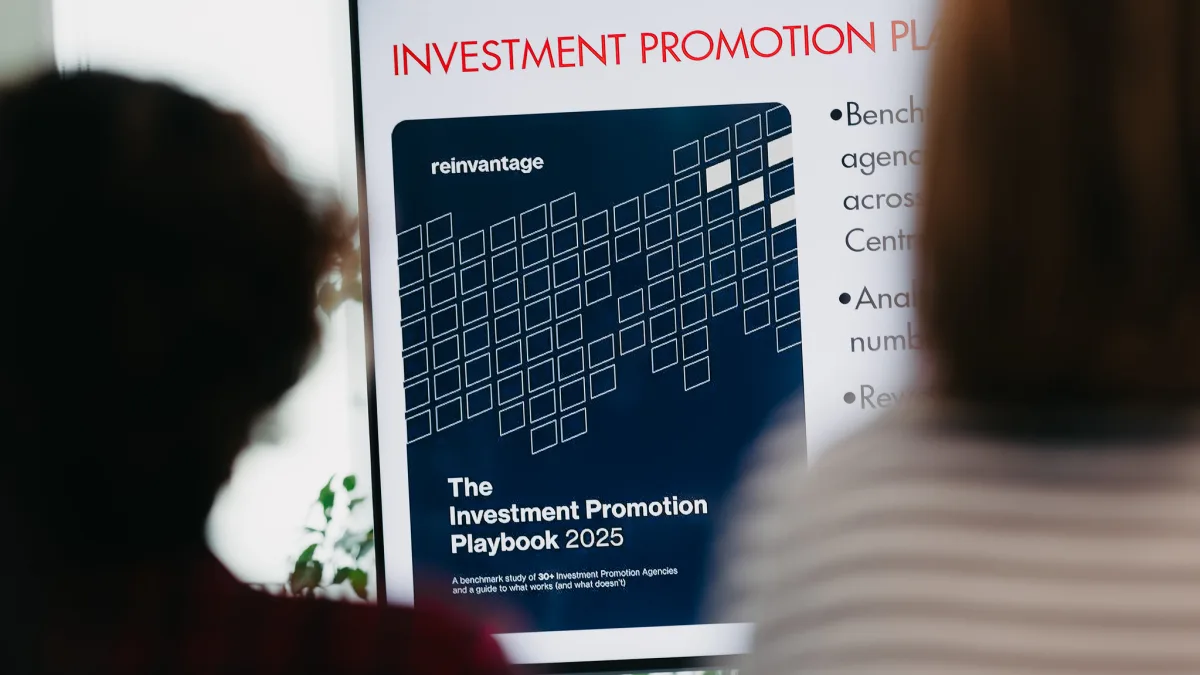London, September 2, 2025 – European businesses possess sophisticated capabilities for anticipating and designing responses to market disruption but consistently struggle with implementation, according to groundbreaking new research from Reinvantage.
The comprehensive study of over 1,000 business leaders across five strategically chosen economies reveals a continent where transformation is well understood in theory but remains stubbornly elusive in practice.
The research, conducted across Poland, Romania, Türkiye, Ukraine, and the United Kingdom, exposes what researchers term the ‘anticipation-execution gap’—a fundamental disconnect between European businesses’ strategic sophistication and their operational reality. Only 12.9 per cent of surveyed companies qualify as ‘Reinvention Leaders’.
“What we’re seeing across European markets is a perfect storm of strategic paralysis,” said Craig Turp-Balazs, Head of Insight and Analysis at Reinvantage. “These businesses can spot disruption coming from miles away and craft elegant responses, but when it comes to actually executing change, performance collapses dramatically. It’s like watching chess grandmasters deliberate over the perfect move whilst the board catches fire.”
The unexpected champion
Contrary to expectations, Türkiye leads the regional rankings with a 56.2 per cent overall reinvention readiness score, followed by the United Kingdom (55.3 per cent) and Ukraine (54.5 per cent). Romania (53.6 per cent) and Poland (51.7 per cent) complete the standings, with the narrow 4.4 percentage point spread suggesting that geographical differences matter less than cultural attitudes toward risk and change.
“Türkiye’s leadership position reflects the country’s historical experience navigating volatility,” explained Turp-Balazs. “When uncertainty is your normal operating environment, you develop different muscles. Turkish businesses have learned to move quickly because standing still simply isn’t an option.”
Ukraine’s third-place finish proves particularly remarkable given ongoing conflict conditions. The research suggests that existential threats can catalyse adaptive capabilities that peacetime complacency tends to obscure.
Continental characteristics
The study identifies 60.6 per cent of European business leaders as ‘Risk-Averse’, scoring poorly across all dimensions of reinvention readiness. This proportion remains consistent across all five countries, suggesting risk aversion operates as a kind of regional cultural DNA.
“European business culture’s conservative tendencies served admirably during post-war reconstruction, when steady incrementalism generated decades of prosperity,” noted Turp-Balazs. “But in today’s environment, where 75 per cent of businesses must pivot more frequently, this same caution has become the riskiest strategy of all.”
The research catalogues eight distinct ‘reinvention personas’, with the rarest—’Transformers’ who excel across all dimensions—representing just 2.4 per cent of leaders surveyed.
Gender advantage
Female executives demonstrate superior reinvention readiness, scoring 1.3 percentage points higher than male counterparts—a statistically significant difference that holds across the entire regional sample. This advantage proves particularly pronounced in implementation capabilities.
“The data suggests that collaborative leadership styles associated with female executives may provide distinct advantages during transformation periods,” said Turp-Balazs. “Given that 60-70 per cent of change initiatives fail outright, this finding has profound implications for how organisations approach succession planning and team composition.”
Age, meanwhile, proves completely irrelevant to reinvention readiness, challenging widespread assumptions about generational differences in adapting to change.
Threats to competitiveness
Whilst European businesses score on average above 54 per cent in anticipation capabilities across all countries, implementation performance falls to a mediocre 50.8-53.6 per cent range. This gap becomes particularly concerning as multiple disruption forces converge, including artificial intelligence threatening to displace 300 million jobs worldwide and geopolitical tensions reshaping global supply chains.
“The implementation deficit isn’t just a tactical challenge—it represents a fundamental threat to European competitiveness,” warned Turp-Balazs. “As American technology giants demonstrate rapid scaling capabilities and Chinese manufacturers show impressive adaptation speed, Europe’s measured approach to change may prove utterly inadequate for maintaining global relevance.”
Methodology and implications
The research surveyed senior executives and business leaders across five economies chosen for their diverse stages of development and varying external pressures, from Ukraine’s war-driven resilience to Britain’s post-Brexit recalibration. The study assessed reinvention readiness across three critical dimensions: Anticipate (early warning systems and trend identification), Design (strategic planning and adaptive frameworks), and Implement (execution speed and change management).
“The countries that performed best weren’t necessarily those with the most resources or stable environments,” observed Turp-Balazs. “Success correlated with willingness to embrace uncertainty and build what we call ‘anti-fragile’ capabilities—systems that benefit from stress rather than merely surviving it.”
The research arrives as multiple forces accelerate business disruption, including AI transformation, environmental regulations evolving from voluntary to mandatory requirements, and state-based armed conflict ranking as the top global risk for 2025.
A copy of the full report can be purchased here.







